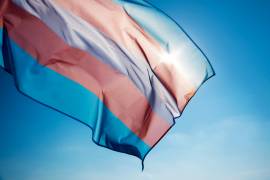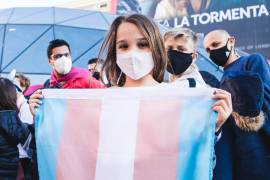It goes without saying: The internet has changed how humanity communicates. A universe of information, connections, relationships and possibilities exists on just the other side of a touchscreen or keyboard.
And it’s hyper-accessible, particularly for those of us who grew up “digitally native,” or who came of age conversant with the developing internet. These days, that’s most Americans under age 35. In the U.S., we have access to and use an open internet. It is created and governed, largely, by popular use.
We wouldn’t accept AT&T and Verizon controlling whom we called and what we said on the phone. Accordingly, they cannot be permitted such control over internet content, accessibility and speed. But in the absence of net neutrality, it could happen. Such a reality would be a nightmare, particularly for LGBTQ people.
Under the Obama administration, the Federal Communications Commission (FCC) adopted stringent regulations designed to ensure more equitable access to the internet. These rules currently prevent Internet Service Providers (ISPs) like Comcast and Verizon from charging additional fees for high-speed streaming.
Regulations also prevent ISPs from moderating loading times (offering “fast lanes” to those willing to pay more) and blocking websites based on their own arbitrary internal criteria.
The rules banning these practices came about as a result of a decade-long battle between activists and ISPs. They are necessary. And they are under attack.
This is a LGBTQ issue. The very access to jobs, education, health, community and how we get critical information should not depend on your socio-economic class or provider.
This is about much more than Netflix raising prices by $1.





